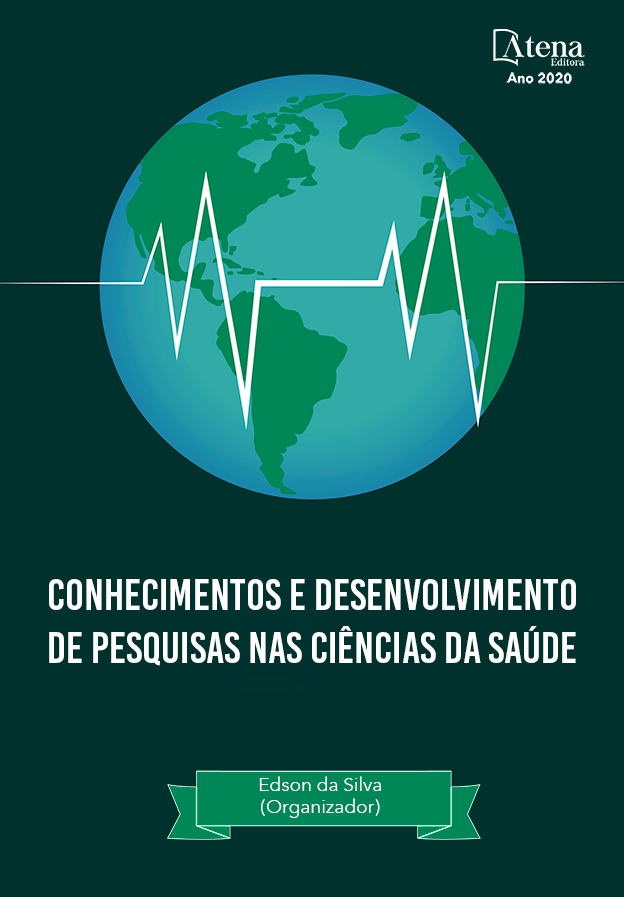
PRÉ-NATAL: O QUE O ENFERMEIRO DEVE FAZER PARA REDUZIR A INCIDÊNCIA DE DEPRESSÃO PÓS-PARTO
Considerações iniciais: A depressão pós-parto trata-se de um distúrbio emocional na qual os sintomas surgem entre a quarta e oitava semana puerperal atingindo o pico nos seis meses iniciais. Objetivo: discorrer a forma de atuação do enfermeiro na estratégia de saúde da família para com a paciente no período pré-natal e pós-natal, objetivando reduzir a incidência de depressão pós-parto, conceituar a patologia, elencar os fatores de risco para o desenvolvimento e sintomas da DPP. Metodologia: Trata-se de um estudo de revisão integrativa, efetuado a partir da análise nas bases de dados online SCIELO, LILACS, BVS e Google acadêmico no idioma português abrangendo os períodos de 2010 a 2016 utilizando as palavras chaves: Depressão pós-parto, pré-natal, ESF e profissional de enfermagem. Foram utilizados 20 artigos para este trabalho. Análise e discussão dos dados: Foram selecionados 9 artigos em relação ao assunto para a discussão, sendo possível concluir que a depressão pós-parto, trata-se de uma doença de alta prevalência e que há uma falta imensa de esclarecimento e detecção, acerca da mesma no pré-natal realizado por profissionais da saúde. Diante disso, é nesse contexto que o enfermeiro deve atuar, realizando orientações no pré-natal e puerpério, como também, procurar identificar sinais e sintomas precoces indicativos de DPP. Assim, o mesmo poderá orientar a paciente da maneira adequada, sempre de forma holística, ou seja, avaliando em todos os aspectos e neste caso, principalmente o aspecto emocional. Considerações finais: Pode-se afirmar que o presente estudo é de extrema importância, já que nos fornece informações recentes e relevantes em relação ao tema estudado e com a realização do mesmo aprendemos sobre a atuação do enfermeiro em busca de reduzir a incidência desta patologia.
PRÉ-NATAL: O QUE O ENFERMEIRO DEVE FAZER PARA REDUZIR A INCIDÊNCIA DE DEPRESSÃO PÓS-PARTO
-
DOI: 10.22533/at.ed.82220251110
-
Palavras-chave: Depressão pós-parto. Pré-natal. ESF e Profissional de enfermagem
-
Keywords: Postpartum depression. Prenatal. ESF and Nursing professional.
-
Abstract:
Initial considerations: Postpartum depression is an emotional disorder in which symptoms appear between the fourth and eighth puerperal weeks, peaking in the first six months. Objective: to discuss the way nurses work in the family health strategy towards the patient in the prenatal and postnatal period, aiming to reduce the incidence of postpartum depression, conceptualize the pathology, list the risk factors for the development and symptoms of PPD. Methodology: This is an integrative review study, carried out from the analysis in the online databases SCIELO, LILACS, BVS and Google academic in the Portuguese language covering the periods from 2010 to 2016 using the keywords: Postpartum depression, prenatal care, FHS and nursing professional. Twenty articles were used for this work. Analysis and discussion of data: 9 articles were selected in relation to the subject for discussion, and it is possible to conclude that postpartum depression is a highly prevalent disease and that there is an immense lack of clarification and detection about the same in prenatal care performed by health professionals. Therefore, it is in this context that the nurse must act, providing guidance in prenatal and puerperium, as well as seeking to identify early signs and symptoms indicative of PPD. Thus, he can guide the patient in an appropriate way, always in a holistic way, that is, evaluating in all aspects and in this case, mainly the emotional aspect. Final considerations: It can be said that the present study is extremely important, since it provides us with recent and relevant information in relation to the studied topic and with the realization of it we learn about the role of nurses in search of reducing the incidence of this pathology.
-
Número de páginas: 15
- Maria Clara Souza Oliveira
- George Marcos Dias Bezerra
- Carla Michele Silva Ferreira
- Sabrina Beatriz Mendes Nery
- Thalêssa Carvalho da Silva
- Vânia Soares Pereira
- Uanderson Oliveira dos Santos
- Anne Heracléia Brito e Silva
- GETULIVAN ALCANTARA DE MELO


